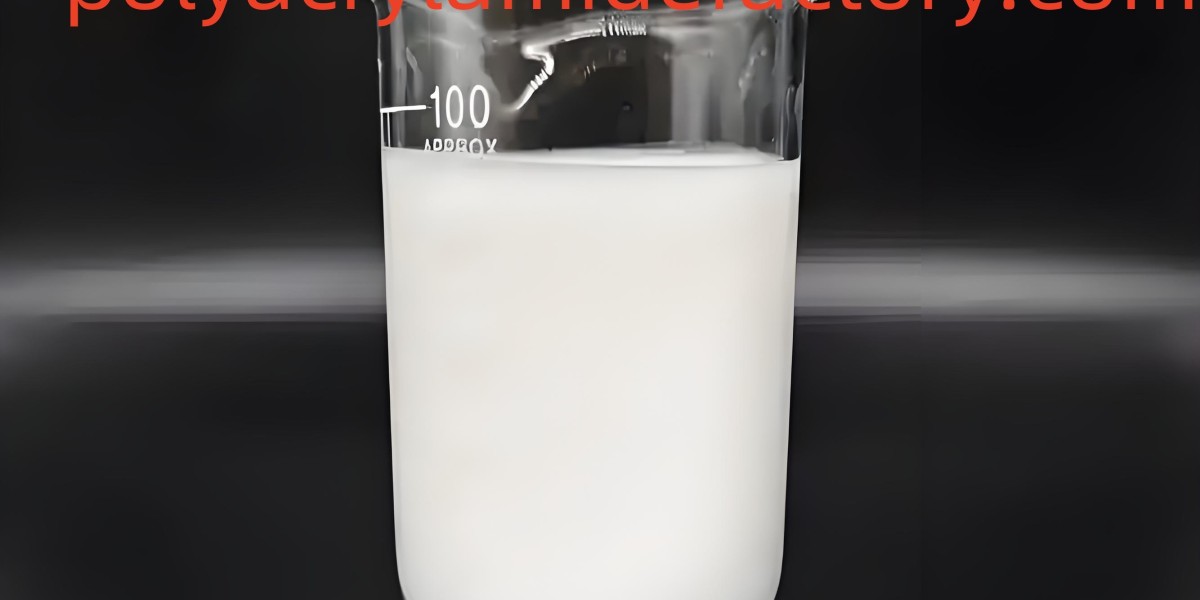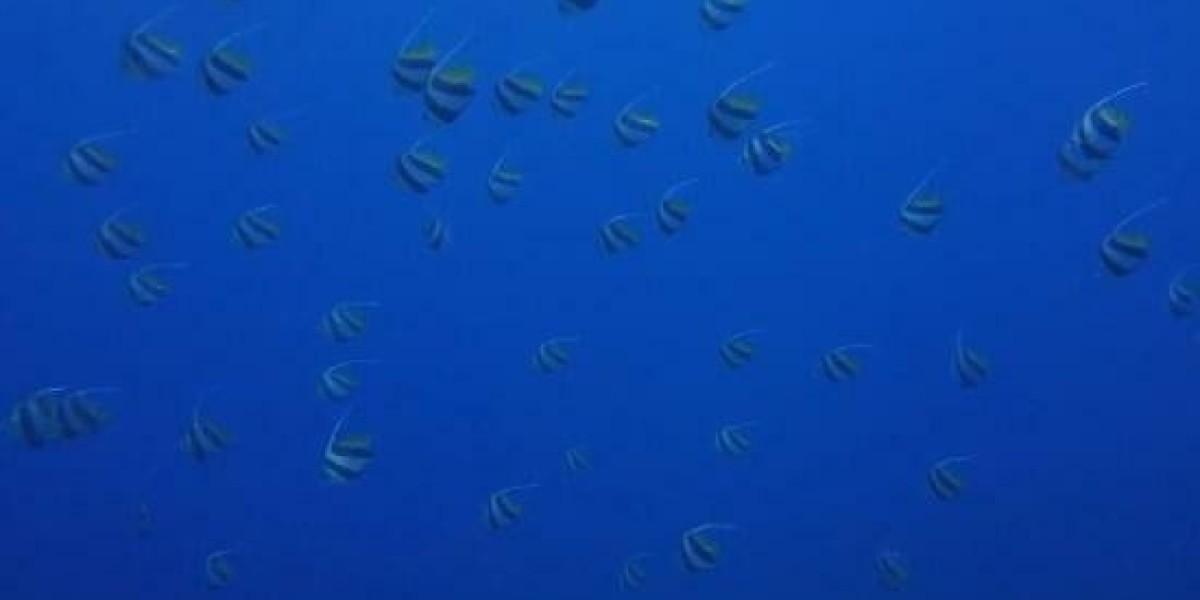In modern paper production, papermaking polyacryalmide is rarely used alone. It is one component in a carefully formulated chemical system that includes coagulants, sizing agents, retention aids, and strength enhancers. For papermakers, the compatibility of polyacrylamide with these other additives is essential for smooth operations and product quality.
Understanding Additive Interaction
Polyacrylamide must interact well with other wet-end additives to avoid issues such as chemical antagonism, over-flocculation, or destabilization of retention systems. Compatibility is largely influenced by:
Ionic charge (anionic, cationic, nonionic)
Dosage sequence and timing
Mixing conditions and system pH
Common Additive Interactions
Additive Type | Compatibility Consideration |
Cationic Coagulants | Use low anionic PAM to avoid charge reversal |
Alum and PAC | Sequence matters; pre-mix can reduce polyacrylamide effect |
Internal Sizing Agents | Avoid overdosing PAM, which may reduce size efficiency |
Dry Strength Resins | PAM can enhance or interfere depending on charge balance |
Proper compatibility ensures higher retention, better machine cleanliness, and reduced chemical consumption. It also lowers the risk of pitch deposits and wire clogging, common problems caused by additive imbalance.
Best Practices for Compatibility Management
Always run compatibility tests before switching chemical systems
Introduce polyacrylamide at a point of good mixing
Adjust dosages based on fiber type and stock charge demand
Trust a Manufacturer That Understands System Complexity
At Polyacrylamidefactory, we don’t just provide products — we offer guidance tailored to your system’s complexity. Our papermaking polyacrylamide solutions are designed to work in synergy with other wet-end additives for optimal results.
Let us help you build a more efficient and reliable chemical system:
https://www.Polyacrylamidefactory.com/news/industry-news/how-does-hengfeng-anionic-polyacrylamide-emulsion-work.html








